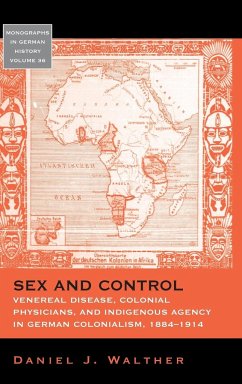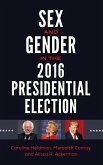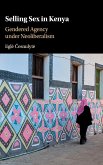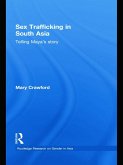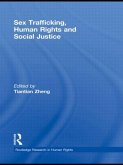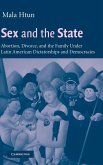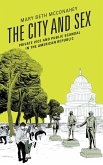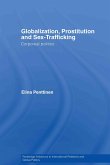In responding to the perceived threat posed by venereal diseases in Germany's colonies, doctors took a biopolitical approach that employed medical and bourgeois discourses of modernization, health, productivity, and morality. Their goal was to change the behavior of targeted groups, or at least to isolate infected individuals from the healthy population. However, the Africans, Pacific Islanders, and Asians they administered to were not passive recipients of these strategies. Rather, their behavior strongly influenced the efficacy and nature of these public health measures. While an apparent degree of compliance was achieved, over time physicians increasingly relied on disciplinary measures beyond what was possible in Germany in order to enforce their policies. Ultimately, through their discourses and actions they contributed to the justification for and the maintenance of German colonialism.
Hinweis: Dieser Artikel kann nur an eine deutsche Lieferadresse ausgeliefert werden.
Hinweis: Dieser Artikel kann nur an eine deutsche Lieferadresse ausgeliefert werden.

